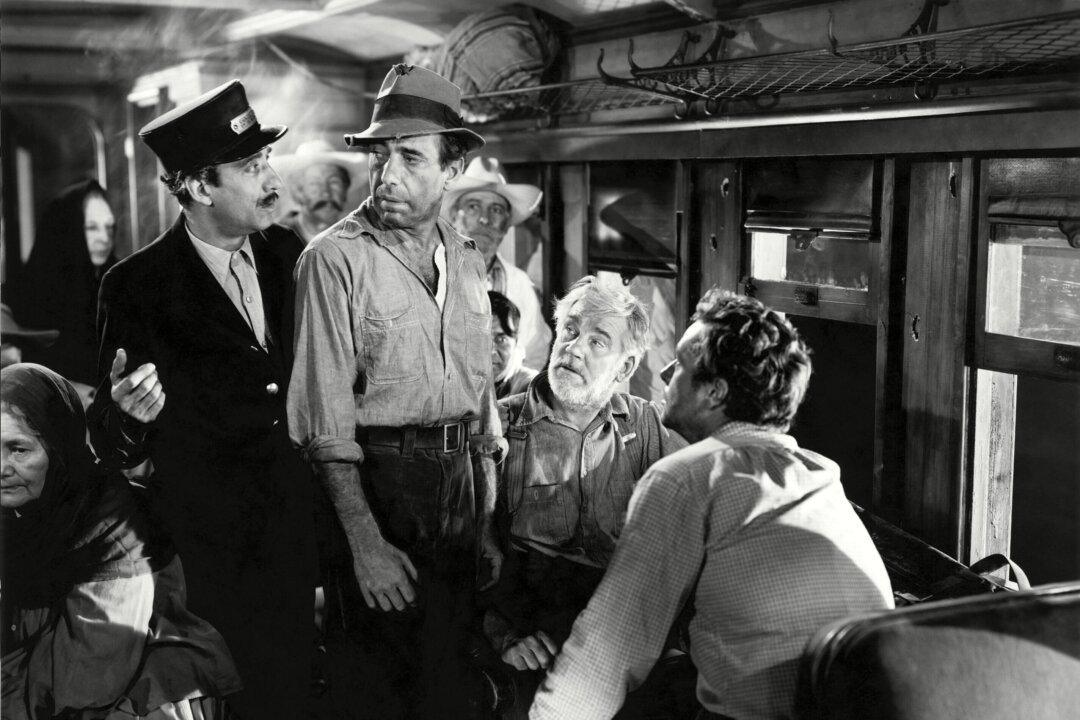Commentary
Money is something everyone wants, seemingly without limit. Just the prospect of getting it while not really earning it can turn good men into beasts.

Money is something everyone wants, seemingly without limit. Just the prospect of getting it while not really earning it can turn good men into beasts.